7 start with C start with C


Roger Sale invites us to look afresh at five English authors: Jane Austen, Wordsworth, and—famous in their time but half forgotten today—George Crabbe, William Cobbett, and John Clare. The five differ greatly in style, tone, temper, subject, and genre. What they have in common is the importance they attach to place: not the generalized places of Renaissance literature, nor the pictorially composed scenery of the landscape poets, but specific localities that have a profound effect on their own lives or those of their characters.
Sale is a perceptive critic, with the gift of empathy. We are caught up in his account of Crabbe's Peter Grimes, condemned to his ghastly mudflats and marshes, projecting onto the river the emblems of his guilt. So too with Clare's evocations of his beloved countryside as it once had been but was no more, and Cobbett's shrewd perceptions of rural life; with Wordsworth's creation of two distinct Lake Districts, the one of his maturity and the one of his haunted childhood; with Austen's heroines achieving freedom by accepting the challenge of living in their confined space.
The distinctive qualities of each of these writers and their places are conveyed with imaginative sympathy. To read these chapters is to come to know, or know better, five writers worth knowing. And to go with Sale to Crabbe's Aldeburgh, Austen's Mansfield and Highbury, Cobbett's rural routes, Clare's Helpston, and Wordsworth's Lakes region is to experience these special places as well. It is a rewarding excursion.
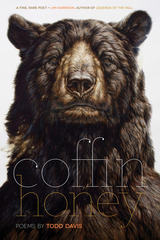
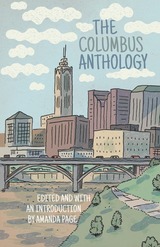
Race, sports, the endless squeeze of gentrification, the city’s booming literary and comics scenes, its reputation as a haven for queer life, the sometimes devastating differences in perspective among black and white, native and transplant residents—and more than one tribute to Buckeye Donuts—make this anthology a challenging and an energizing read. From Hanif Abdurraqib’s sparkling and urgent portrait of Columbus’s vital immigrant culture as experienced through Crew games to Nick Dekker’s insights into breakfast as a vehicle for getting to know a city to the poetry of Maggie Smith and Ruth Awad, the pieces gathered here show us a Columbus far more textured than any test marketer could dream up.
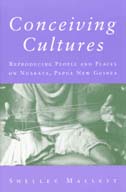
Shelley Mallett is Research Fellow at the Key Centre for Women's Health in Society at Melbourne University.
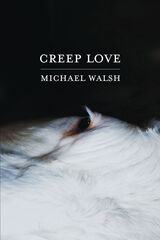
We come to find out that the father carries a secret of his own. As tensions rise, attacks within the family escalate and finally culminate in an attempted murder. In Creep Love, Walsh captures the terror of this event, and these poems take us through the surprising outcomes. Near death, rather than floating into light due to hypoxia—a temporary release from the grip of compounding trauma—the speaker sinks into all-encompassing darkness. The anxiety of this moment returns him to his body from the edge of death. These poems give witness to the fallout, demonstrating how love can be charged with something ultimately unknowable.
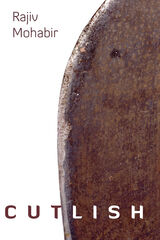
READERS
Browse our collection.
PUBLISHERS
See BiblioVault's publisher services.
STUDENT SERVICES
Files for college accessibility offices.
UChicago Accessibility Resources
home | accessibility | search | about | contact us
BiblioVault ® 2001 - 2024
The University of Chicago Press









